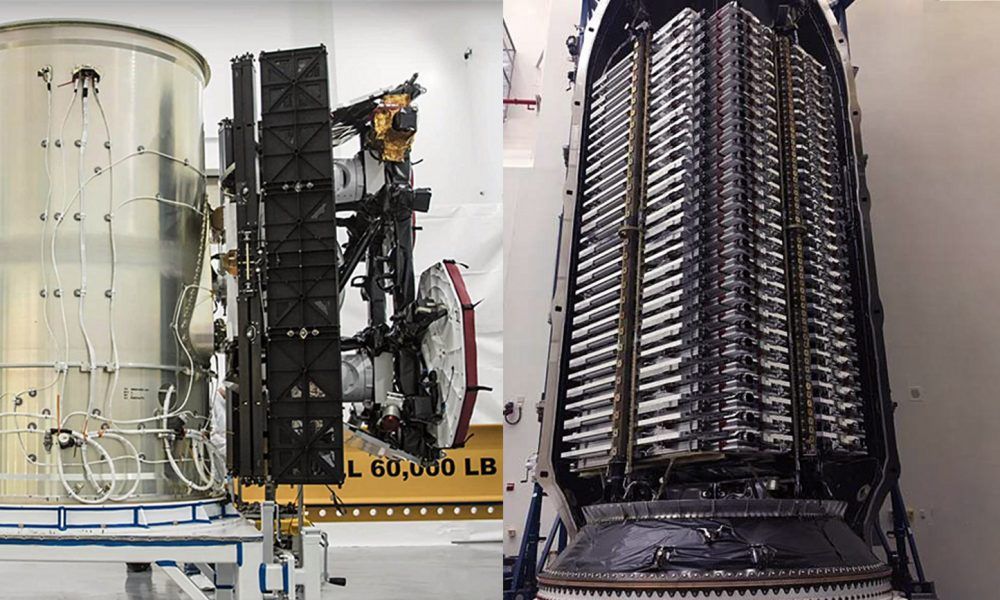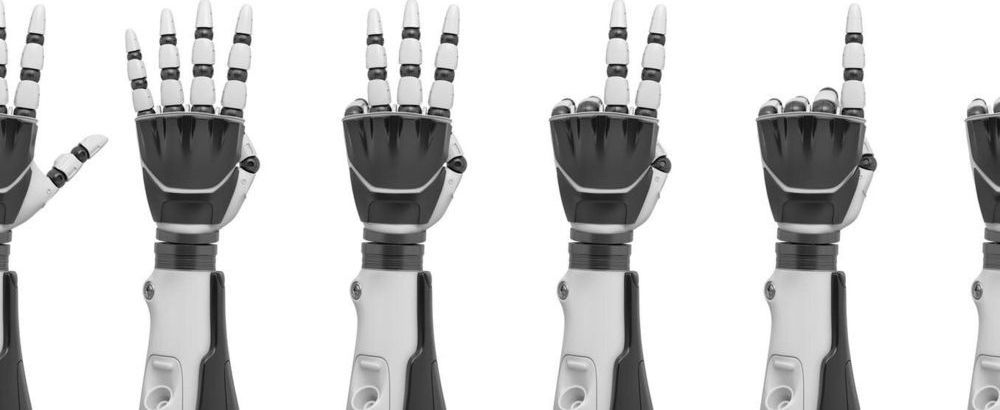Amazon founder Jeff Bezos, the wealthiest man on the planet, gave an hour-long presentation yesterday about his plans for humanity’s future living on the moon and in space colonies. It was a bit like watching a monologue from a sci-fi movie in a lot of ways. And now you can finally view the entire presentation online for yourself.
Fellow billionaire Elon Musk generally makes a point of offering a live video stream whenever he announces something important and futuristic like this. But Bezos and his space company Blue Origin didn’t post a video of yesterday’s event until the middle of the night. It’s a fascinating talk, but maybe livestream the thing next time, Jeff? This is the future we’re talking about, after all.








